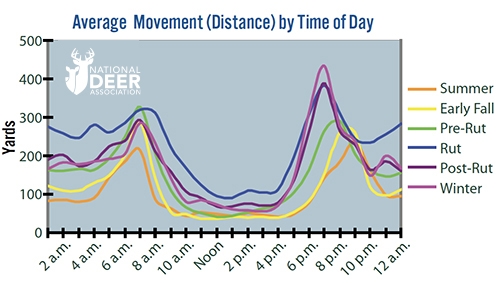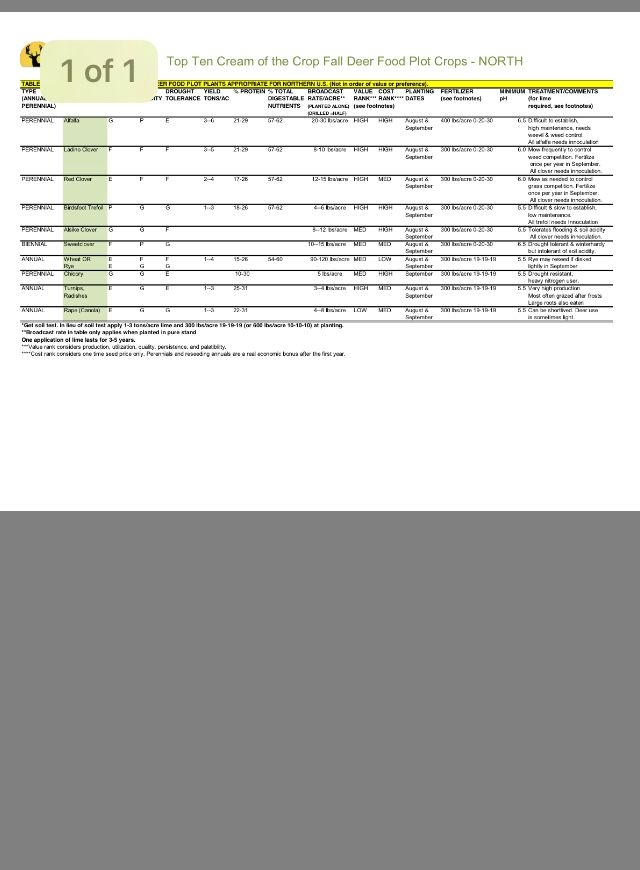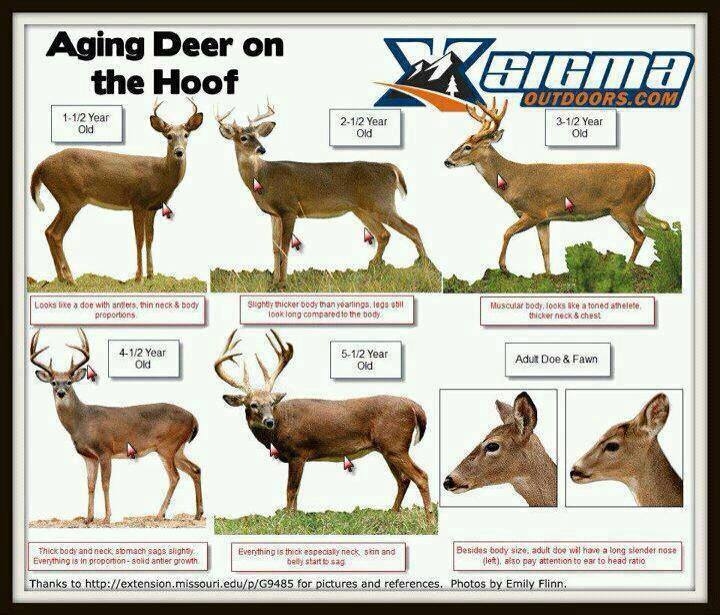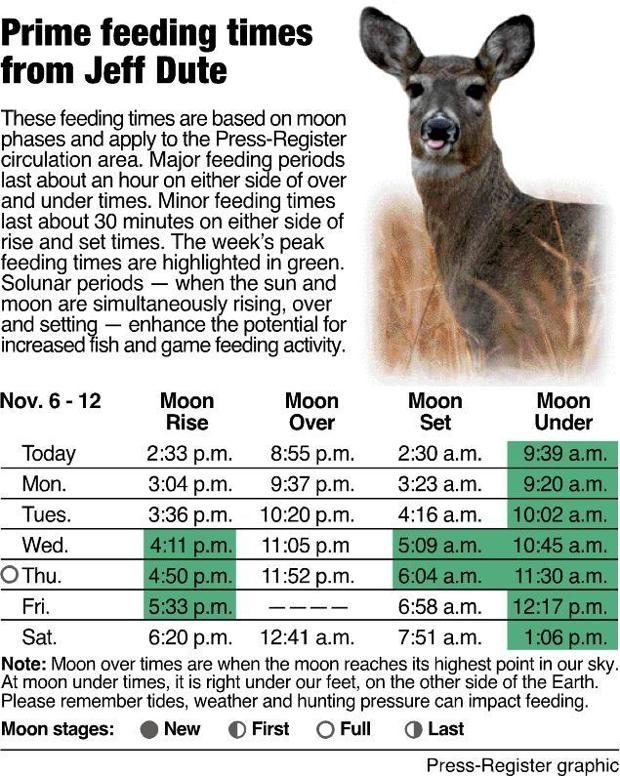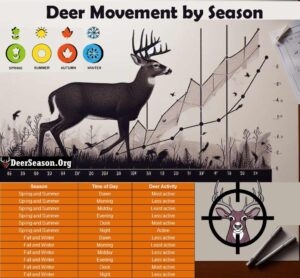Deer movement times can vary depending on a variety of factors, including the time of year, weather conditions, and hunting pressure in the area. By understanding when deer are most likely to be active, hunters can increase their chances of a successful hunt. One tool that can help hunters predict deer movement times is a deer movement times chart by zip code.
These charts provide valuable information on when deer are most likely to be moving in a specific area, allowing hunters to plan their hunting trips accordingly. By using a deer movement times chart by zip code, hunters can target their efforts during the times when deer are most active, increasing their chances of encountering game.
How to Use a Deer Movement Times Chart
When using a deer movement times chart by zip code, it’s important to consider the specific factors that can influence deer movement in your area. For example, deer are most active during the early morning and late afternoon hours, so planning your hunts during these times can increase your chances of spotting deer. Additionally, weather conditions such as temperature, wind direction, and precipitation can also impact deer movement, so be sure to take these factors into account when using a deer movement times chart.
It’s also important to remember that deer movement times can vary from one location to another, so be sure to use a deer movement times chart that is specific to your zip code. By doing so, you can ensure that you are targeting your hunting efforts during the times when deer are most likely to be active in your area, increasing your chances of a successful hunt.
Benefits of Using a Deer Movement Times Chart
Using a deer movement times chart by zip code can provide hunters with valuable insights into when deer are most active in their area, helping them plan their hunts more effectively. By targeting their efforts during peak deer movement times, hunters can increase their chances of encountering game and having a successful hunt.
Overall, a deer movement times chart by zip code is a valuable tool for hunters looking to improve their hunting success. By understanding when deer are most likely to be active in their area and planning their hunts accordingly, hunters can increase their chances of a successful hunt and have a more enjoyable hunting experience.
